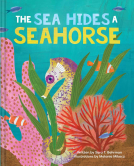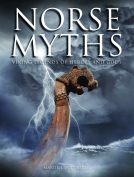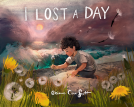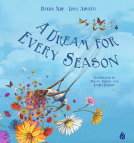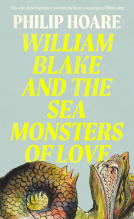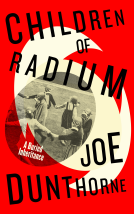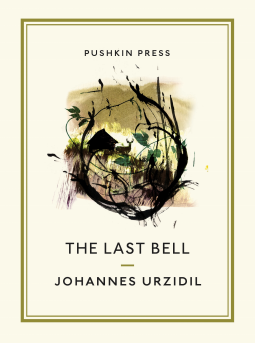
The Last Bell
by Johannes Urzidil
This title was previously available on NetGalley and is now archived.
Send NetGalley books directly to your Kindle or Kindle app
1
To read on a Kindle or Kindle app, please add kindle@netgalley.com as an approved email address to receive files in your Amazon account. Click here for step-by-step instructions.
2
Also find your Kindle email address within your Amazon account, and enter it here.
Pub Date 25 Apr 2017 | Archive Date 2 Jun 2017
Pushkin Press | Pushkin Collection
Description
A Note From the Publisher
Johannes Urzidil (1896-1970) was a German bohemian writer, poet, historian and journalist. Born in Prague, he was a member of the Prague Circle and a friend of Franz Kafka's and Max Brod's. He fled to England after the German occupation in 1939, and eventually settled in the United States. Best known during his lifetime for the Prague Triptych collection of short stories and his literary history Goethe in Bohemia, he won several awards for his writing, and even had an asteroid named after him.
Advance Praise
'The last great troubadour of a long-lost Prague'
Max Brod
'The last great troubadour of a long-lost Prague'
Max Brod
Available Editions
| EDITION | Other Format |
| ISBN | 9781782272397 |
| PRICE | US$18.00 (USD) |
| PAGES | 192 |
Featured Reviews
 The Idle Woman ., Reviewer
The Idle Woman ., Reviewer
Johannes Urzidil was one of the most celebrated Czech writers of the 20th century. Although he spent his last twenty years as an emigre in the United States, he never made the switch to writing in English. His works continued to be published in Europe in German (one of his two mother tongues) and his works were infused with the sensibility of his homeland. Despite his importance in European literature, his works have only rarely been translated into English. Puskin Press have rectified this omission with a collection of Urzidil’s short stories, none of which have formerly been published in English, and translated now by David Burnett. Lively, moving and gently absurd, these stories focus on outsiders, people whose encounters with ordinary life and emotions leave them thwarted and unmasked as precisely the strange creatures that they are.
Generally speaking, these characters are aware that they’re different and it niggles at them. Of the book’s five stories (which are presented in reverse chronological order), the first three follow characters whose efforts to fit in don’t work out quite as they expect. In ‘The Last Bell’, published in Zurich in 1968, a woman’s newfound wealth is complicated by her efforts to appear ‘to the manner born’. In ‘The Duchess of Albanera’, published in Zurich in 1966, a man seeks love and company in the wrong place, with unforeseen consequences. In ‘Siegelmann’s Journeys’, published in Munich in 1962, another man tries to hide his unadventurous lifestyle with flights of fantasy. The final two stories, ‘Borderland’ and ‘Where the Valley Ends’, both published in Munich in 1956, are told from the perspective of visitors to the community. In both cases, the narrator meets outsider figures who are innocent but find themselves in a world which has no place for them. Throughout the book, there’s a sense of disconnection, a frustration. Our lives seem perfectly rational to us, so why does the world insist that we change to fit its pattern?
Urdizil isn’t a heavy writer. He’s much lighter and more amusing than I was expecting, but of course there are dark undercurrents to his work. These are rarely explicitly connected to the Second World War – only Marška’s story shows us the world of Nazi-occupied Prague – but one can’t help noticing that all the stories deal with exclusion and foreignness, even within one’s own community. And Urzidil shows compassion and sympathy for these oddballs, these people existing on the edge. Presumably this is all bound up with his own experiences as someone who never quite belonged – an emigre who wrote in a language which wasn’t that of his adopted country; a man who could never quite unpick himself from his native country; a stranger in a strange land. His stories shimmer with a sense of transience, a sense of everything trembling on the brink before passing away. It’s hard not to see these stories, written after the Second World War, as an elegy for a Bohemia and a world which had ceased to be.
Bravo to Pushkin Press for rescuing yet another sparkling Central European writer from Anglophone obscurity, and for introducing us to his succinct, sensitive stories. I hope there’ll be much more Urzidil to come.
For the full review, please see my blog:
https://theidlewoman.net/2017/02/25/the-last-bell-johannes-urzidil/
Readers who liked this book also liked:
Sara T. Behrman
Children's Fiction, Outdoors & Nature, Parenting & Families



